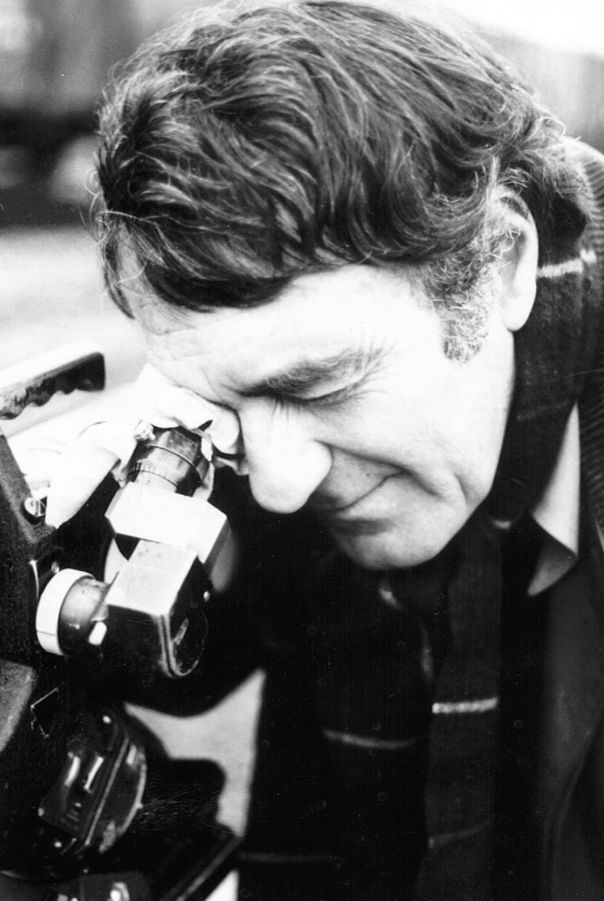STUDIES IN CONTRAST
Two documentaries similar in form but completely different in effect are part of the Berlinale Homage to Claude Lanzmann.

Claude Lanzmann
The homage to living legend Claude Lanzmann includes a complete retrospective of his work which examines World War II and the Nazi genocide. Two of his latest films, A VISITOR FROM THE LIVING (UN VIVANT QUI PASSE, France; 1999) and THE KARSKI REPORT (LE RAPPORT KARSKI, France; 2010), were not screened together by chance. They share in common the question: “What does it mean to know?”
In two interviews that Lanzmann conducted in the 70s for his epic documentary SHOAH (1985) but didn't include in that film, he contrasts two characters, a villain (or simply a fool) and a hero, and does it well. He takes advantage of the silence, the interruptions, and even the contradictions of the interviewees.
In A VISITOR FROM THE LIVING, Lanzmann interviews Maurice Rossel, a Swiss delegate of the Red Cross who inspected concentration camps and considered some of them “satisfactory.” Over the course of a very long unbroken take, Lanzmann asks Rossel about his infamous reports. The meeting starts as a sincere and sympathetic conversation, but ends up with an intense confrontation as Lanzmann contrasts Rossel’s version of events with documents. The filmmaker is not a judge. His work is closer to that of a journalist with moral duties.
In contrast, THE KARSKI REPORT is a meeting with a Polish resistant and informant who gives his testimony. Although the film follows the same pattern as A VISITOR FROM THE LIVING (one shot, no camera movement), in this case the interviewee speaks eloquently, acts in front of the interviewer, and tells a story of salvation. Lanzmann almost never intervenes and rather plays the role of a spectator.
The material is austere, but it generates a powerful effect. As a witness to the horror, Lanzmann faces questions of memory, violence and hope with a very personal and sometimes raw style. This style transcends the film’s immediate subject and achieves wide historical and cultural resonances.

